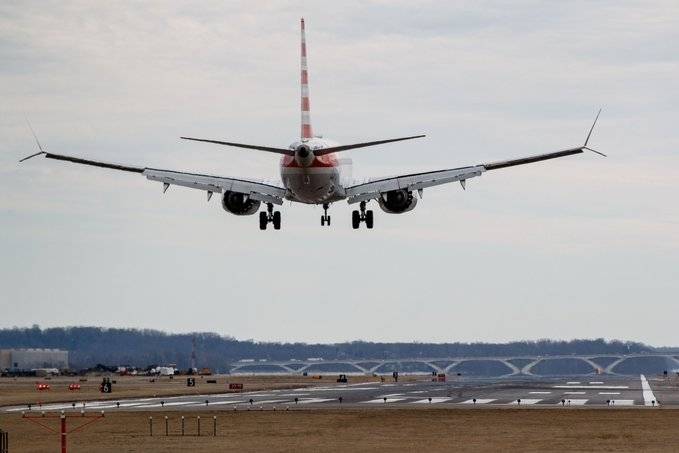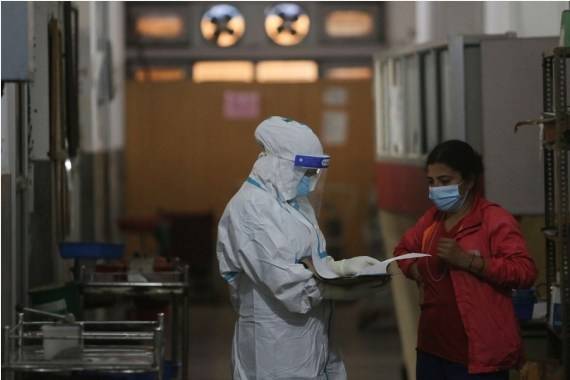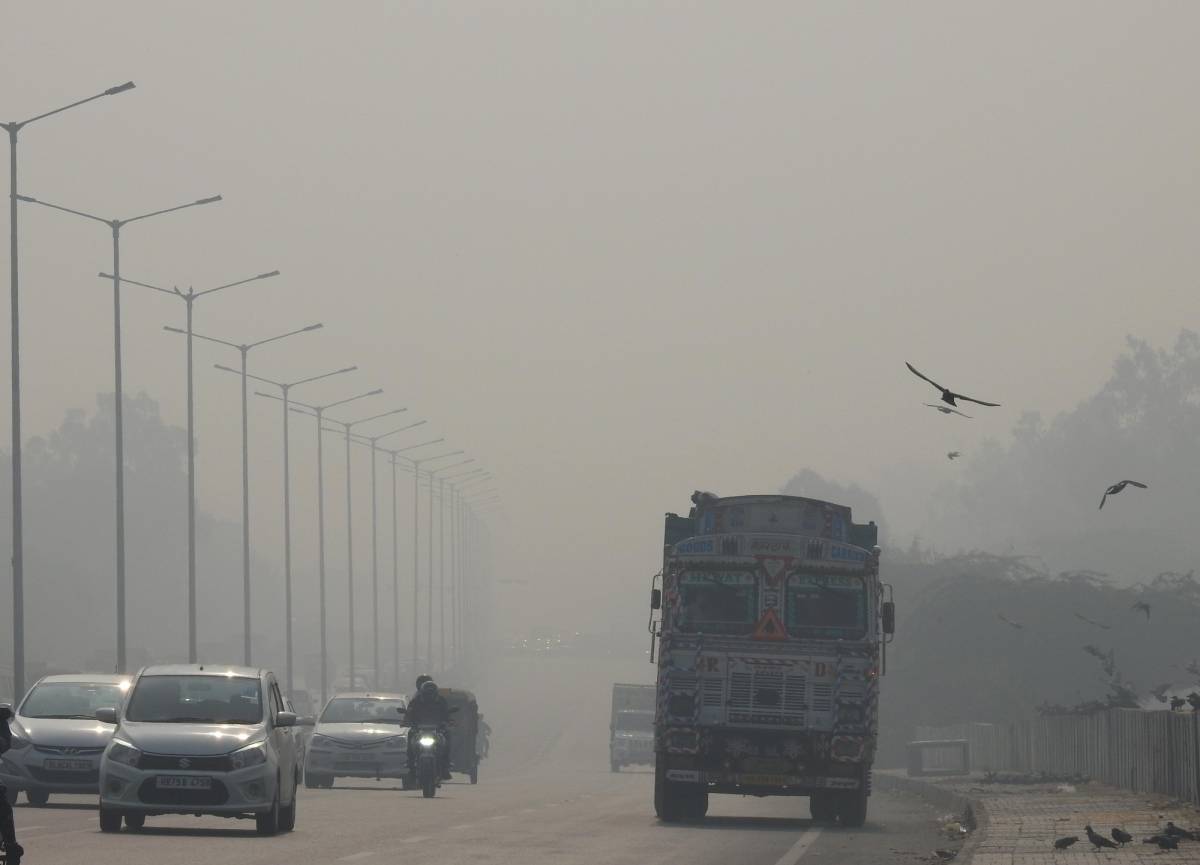International passengers will have to submit a self-declaration form on the online Air Suvidha portal and include travel history for the past two weeks, reports Asian Lite News
As more countries announce travel restrictions over the detection of new variants of Covid-19 Omicron, the Union Health Ministry on Sunday revised its guidelines for international arrivals in India.
The Centre has mandated submitting 14 days travel details and uploading negative Covid (RT-PCR) test results on the Air Suvidha portal before the journey. The new rules will come into effect from 1 December till further orders. The revised guidelines will supersede earlier ones issued on and after 11 November.
The travellers from ‘countries at-risk will need to take Covid-19 test post-arrival and wait for results at the airport, the Health Ministry has said.
If the test is negative, they’ll follow home quarantine for 7 days, re-test on the 8th day and if negative again, further self-monitor for the next 7 days, the ministry’s statement read.
The government also said that travellers from countries excluding those ‘countries at risk’ will be allowed to leave the airport and shall self-monitor their health for 14 days.
“A sub-section (5% of total flight passengers) shall undergo post-arrival testing at random at the airport on arrival,” the statement said.
A declaration with respect to the authenticity of the Covid-19 test report will also be required, manipulated reports will make the passenger liable for criminal prosecution.
The existing guidelines have been revised in view of the Covid variant Omicron (B.1.1.529), which has been now classified as a Variant of Concern by the World Health Organization, the Health Ministry said.
As per the revised guidelines, before boarding passengers originating from or transiting through at-risk countries shall be informed by the airlines that they will undergo post-arrival testing, quarantine if tested negative, stringent isolation protocols if tested positive, etc.
Do’s and Don’ts shall be provided along with tickets to the travellers by the airlines/agencies concerned and airlines will allow boarding of only those passengers who have filled in the self-declaration form on the Air Suvidha portal and uploaded the negative RT-PCR test report.
This test should have been conducted within 72 hours prior to undertaking the journey.
At the time of boarding the flight, only asymptomatic travellers will be allowed to board after thermal screening and all passengers shall be advised to download Aarogya Setu app on their mobile devices.
“Travellers from specified countries at risk will follow the protocol as detailed below: Submission of sample for post-arrival COVID-19 test at the point of arrival (self-paid). Such travellers will be required to wait for their test results at the arrival airport before leaving or taking a connecting flight.
“If tested negative they will follow home quarantine for 7 days. Re-test on the 8th day of arrival in India and if negative, further self-monitor of their health for next seven days,” the guidelines stated.
However, if such travellers test positive, their samples should be sent for genomic testing at the INSACOG laboratory network.
They shall be managed at separate isolation facilities and treated as per laid down standard protocol, including contact tracing, and the contacts of such positive cases should be kept under institutional quarantine or at home quarantine monitored strictly by the state government concerned.
The nations (at risk updated as of November 26, 2021) from where travellers would need to follow additional measures on arrival in India include European countries, the UK, South Africa, Brazil, Bangladesh, Botswana, China, Mauritius, New Zealand, Zimbabwe, Singapore, Hong Kong and Israel.
Children under five years of age remain exempted from both pre-and post-arrival testing. However, if found symptomatic for Covid-19 on arrival or during the home quarantine period, they shall undergo testing and be treated as per laid down protocol.
As per the guidelines, contacts of the suspect case are the co-passengers seated in the same row, three rows in front and three rows behind along with identified cabin crew.
Also, all the community contacts of those travellers who have tested positive during the home quarantine period would be subjected to quarantine for 14 days and tested as per ICMR protocol.
International passengers arriving through seaports/land ports will also have to undergo the same protocol, except that facility for online registration is not available for such travellers currently.
ALSO READ-New Covid rules from Tuesday









